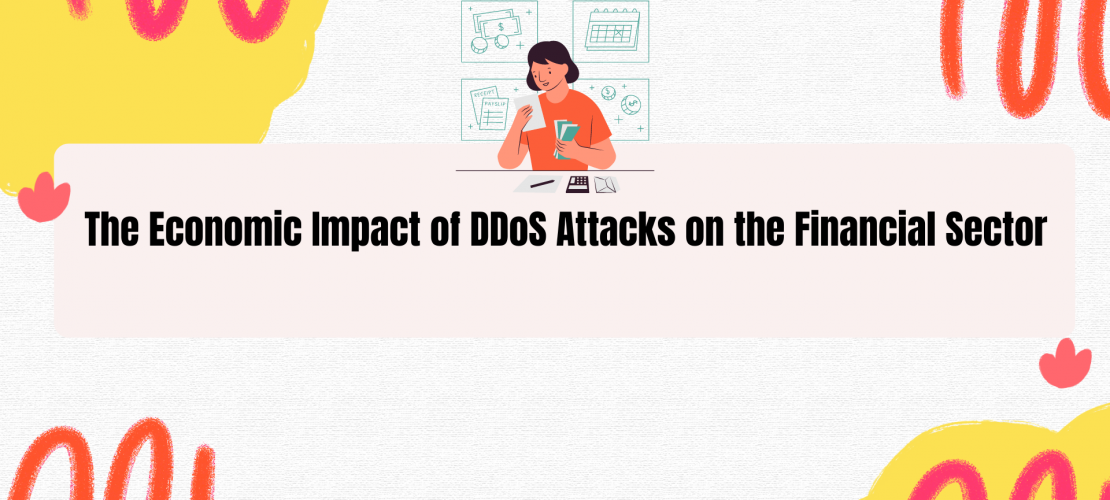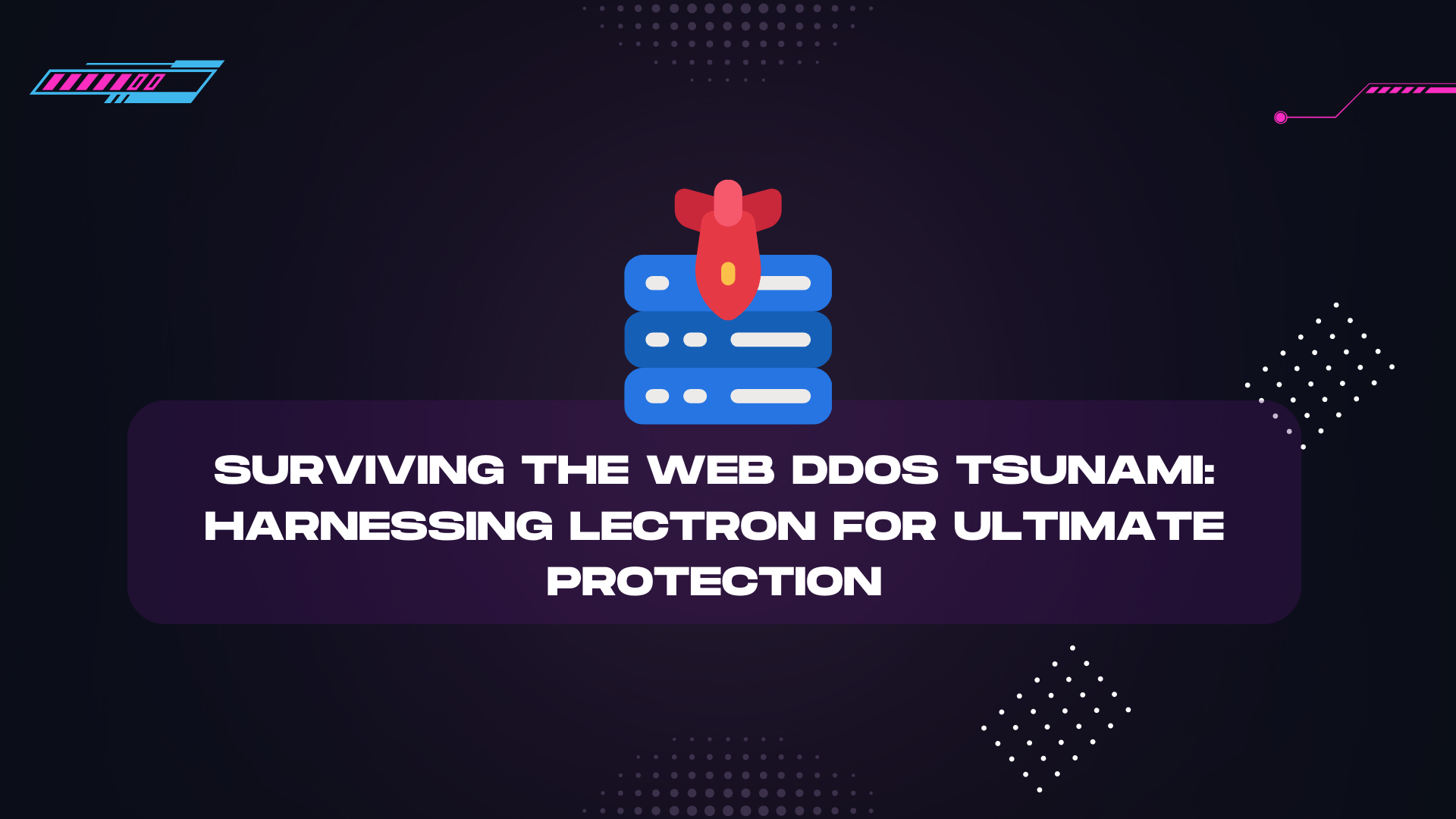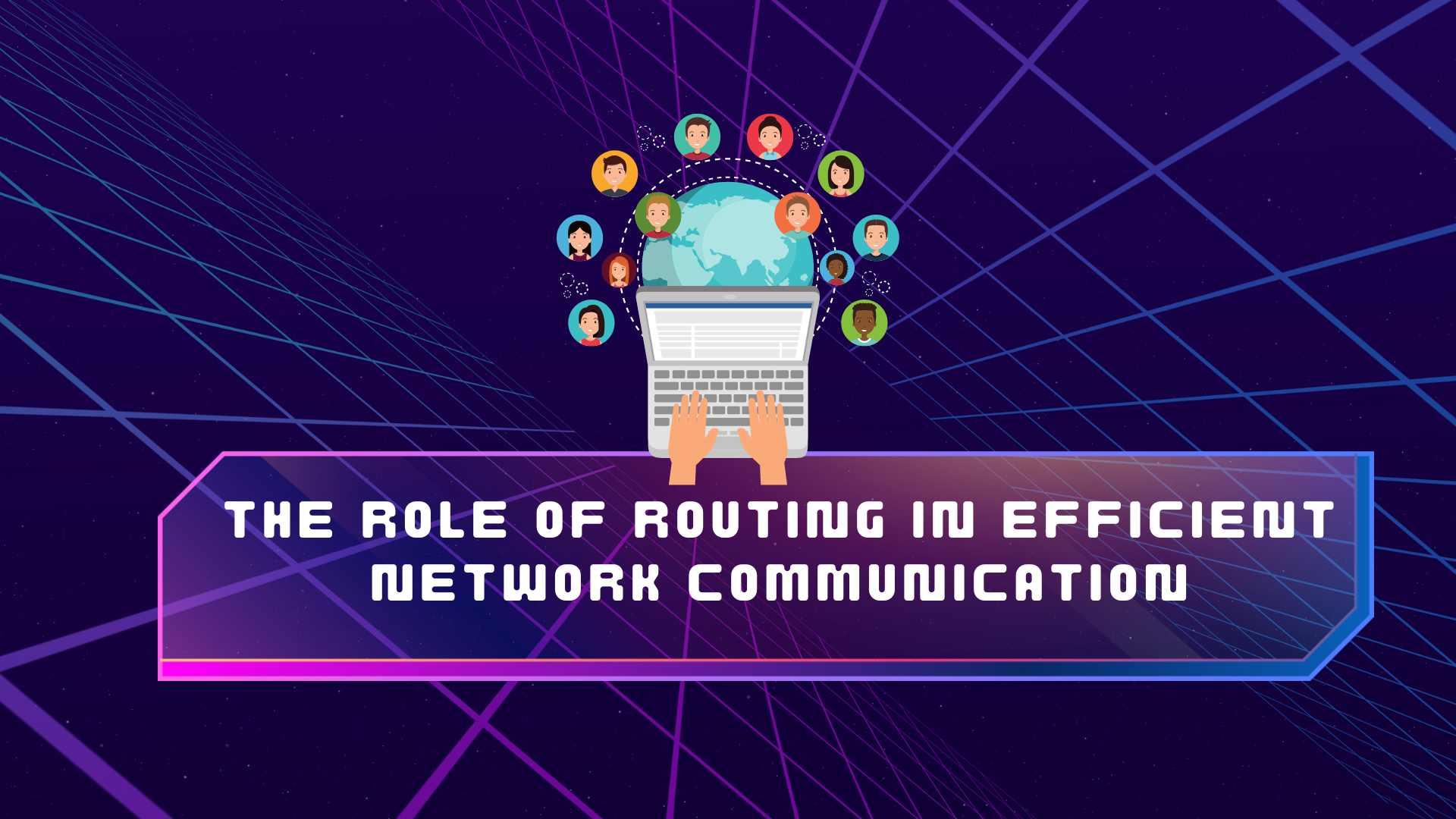As our world increasingly relies on digital technologies, cybersecurity challenges have become an intrinsic part of this digital transformation. A prominent menace in this context is Distributed Denial of Service (DDoS) attacks, which have grown in both frequency and sophistication over the years. Particularly, the financial sector finds itself in the crosshairs, given its pivotal role in the economy and the immense value of data it holds. This blog post aims to detail the economic impact of DDoS attacks on the financial sector.
Understanding DDoS Attacks
To understand the ramifications, it’s essential first to grasp what DDoS attacks entail. They are malicious attempts to disrupt the standard functioning of a network, service, or website by overwhelming it with a flood of internet traffic from various sources. It’s akin to a traffic jam blocking up a motorway, hindering regular traffic from reaching its destination.
Direct Financial Losses
The immediate economic impact of a DDoS attack on financial institutions can be quantified in terms of direct financial losses. This is typically associated with system downtime, resulting in a blockade of transactions. With every minute that a service is unavailable, potential revenue is lost. In case of a large bank or a major financial service provider, this figure can reach astronomical proportions quickly.
Data Breaches
In certain instances, DDoS attacks serve as a smokescreen for more sinister cybercrimes, like data breaches. In these cases, while the security systems are busy managing the DDoS attack, cybercriminals may attempt to exploit vulnerabilities to access sensitive customer information, such as credit card details or personal identification information. The economic fallout from such breaches includes regulatory fines, legal costs, and the expenses related to identity theft protection services for affected customers.
Reputational Damage and Loss of Business
The impact of DDoS attacks goes beyond immediate monetary losses. Financial institutions risk serious reputational damage following these attacks, which can lead to loss of business. Customer trust is a critical element in the financial sector. A successful DDoS attack can erode this trust, causing customers to shift to competitors, leading to long-term revenue losses.
Systemic Risks
Finally, there are potential systemic risks to consider. A severe DDoS attack on a central financial institution or a vital piece of financial infrastructure could disrupt the broader financial system. This disruption can create market uncertainties, impede the smooth flow of financial transactions, and possibly lead to economic shocks.
Mitigation and Prevention
Financial institutions are investing heavily in cybersecurity measures to counter these threats. This includes employing DDoS mitigation services, enhancing intrusion detection systems, and implementing robust data encryption techniques. The focus is also on building incident response teams to minimize damage when attacks occur.
In conclusion, DDoS attacks pose a significant threat to the financial sector, and by extension, to the broader economy. The economic impact is multifaceted, covering direct financial losses, potential data breaches, reputational damage, and systemic risks. To protect the integrity of our financial systems and preserve customer trust, institutions must remain ever-vigilant and invest in cutting-edge cybersecurity measures.




